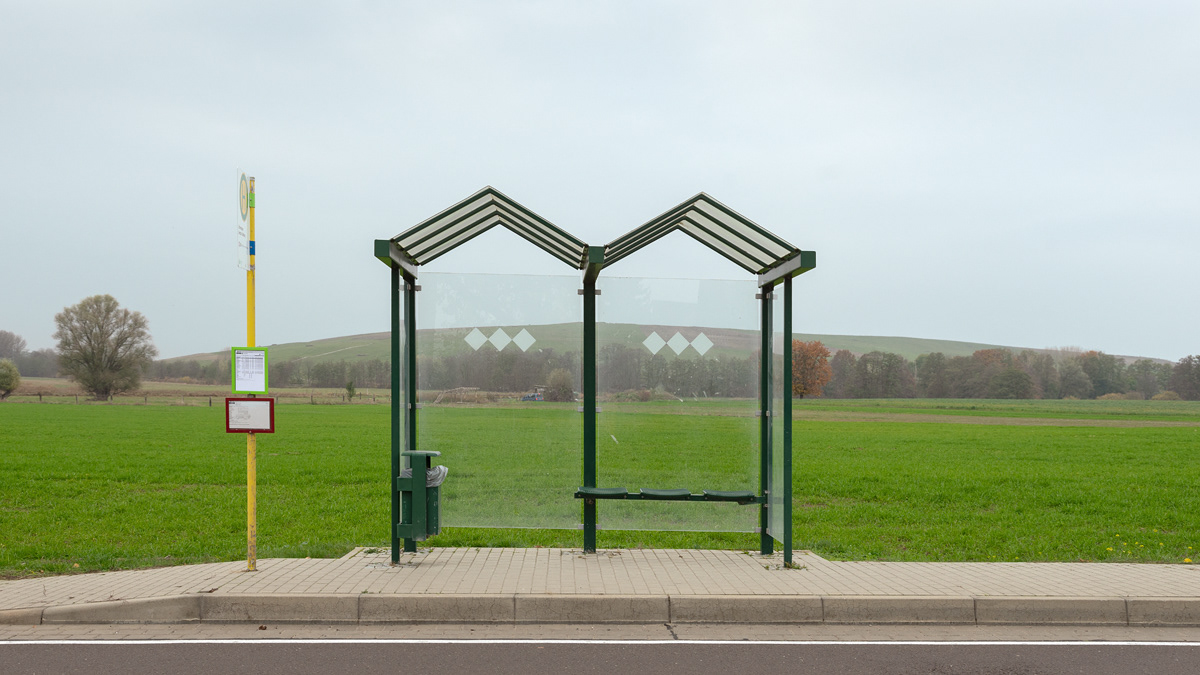
© Bernd Walz
Flexible Public Transport in low-density regions
In Flanders, the project research focuses on flexible and customised forms of public transport (PT), as they have recently generated strong expectations in terms of their alleged capacity in combating transport poverty. While flexible public transport services are gaining significant attention among urban authorities across Europe, an important knowledge gap remains with regard to the socio-economic profiles of their users, as well as the users of various forms of public transport that flexible and customised services are meant to complement or replace. In addition, it is unclear how the procedures of managing these practices and their socio-spatial distribution allow to ensure transport justice. This knowledge gap is particularly noticeable in less densely populated, peri-urban areas, which also often suffer from inadequate public transport provision, and hence a strong reliance on automobility. First, the research will gauge the transport needs of current and potential users of local and regional public transport, with an emphasis on detecting transport poverty? Second, within the Flanders ULL, we explore how users’ experience can be integrated in planning and evaluation of on-demand and flexible public transport solutions, especially in small-town, suburban and rural environments. The research is conducted by VUB, supported by the Flemish Department of Mobility and Public Works, the Flemish public transport operator De Lijn, and VVSG (the association of municipalities in Flanders). There is a close collaboration with the research and ULL by Tallinn University regarding farefree public transport and the relation between city and the surrounding region, as wel as with the other themes.


